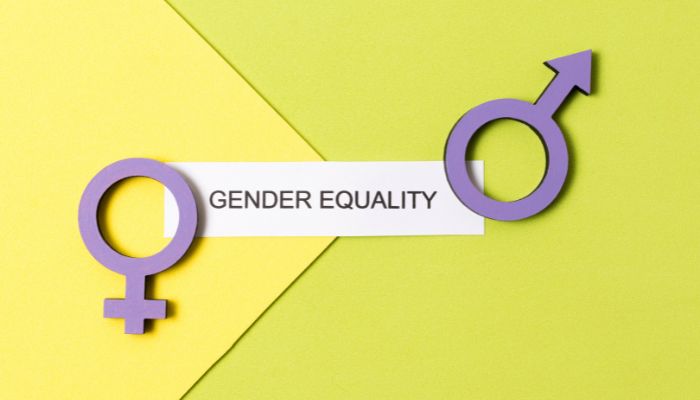As we understand the business landscape today, fostering a culture of continuous growth is essential for organisations striving for long-term success. This culture not only drives innovation and productivity but also attracts and retains top talent. However, achieving this requires more than just setting lofty goals; it demands a comprehensive approach that includes nurturing talent, providing development opportunities, and recognising and rewarding achievements.
Sumit Bhattacharya, CHRO at SPML Infra Limited, highlights a significant hurdle in this journey: talent management, particularly talent engagement and total rewards. Bhattacharya emphasises, “Talent engagement does not mean that I am organising a picnic or a birthday celebration. Talent is those individuals whose knowledge and skill abilities are not easily available in the market. So, to retain them, the total reward system is imperative, which is the biggest hurdle.”
Indeed, attracting and retaining top talent requires a multifaceted rewards and recognition strategy. Rewards come in various forms, including transactional rewards, which can be easily monetised, and relational rewards, which encompass non-monetary benefits like training and development opportunities. While monetary rewards are important, relational rewards play a crucial role in fostering a sense of belonging and loyalty among employees.
To develop and reward a culture of continuous growth, organisations must prioritise both transactional and relational rewards. Here’s how:
Align rewards with organisational goals: Ensure that rewards and recognition programs are aligned with the organisation’s overarching goals and values. Recognise behaviours and achievements that contribute to the company’s success and promote its desired culture.
Offer personalised development opportunities: Invest in personalised development plans for employees, tailored to their unique skills, aspirations, and areas for growth. Provide access to training programs, mentorship opportunities, and stretch assignments to foster continuous learning and development.
Foster a culture of appreciation: Encourage a culture of appreciation where employees are recognised and celebrated for their contributions, both big and small. Implement regular recognition programs, peer-to-peer recognition initiatives, and feedback mechanisms to acknowledge achievements and reinforce desired behaviours.
Promote transparency and equity: Ensure transparency and equity in reward distribution to build trust and credibility among employees. Communicate the criteria for rewards and recognition, and ensure that they are applied consistently and fairly across the organisation.
Measure and iterate: Continuously monitor the effectiveness of rewards and recognition programs through feedback mechanisms and metrics such as employee engagement, retention rates, and productivity. Use this data to iterate and refine your strategies better to meet the evolving needs and preferences of your workforce.
By prioritising rewards and recognition as integral components of your organisation’s culture, you can create an environment where employees feel valued, engaged, and motivated to continuously learn and grow. As Bhattacharya aptly summarises, “Rewards are primarily of two types, transactional reward, one which can easily be monetised and the other is the relational reward, which cannot be easily monetised. Those include training and development opportunities that the company can provide.” Investing in both types of rewards is key to nurturing a culture of continuous growth and driving long-term success.
References:
- Why Employee Recognition Is More Crucial Than Ever | Forbes | Nov 2022
- The Importance of Employee Recognition | Quantum Workplace | July 2023
- The Role of Rewards and Recognition in Employee Motivation | People Matters | Aug 2022
You might also be interested to read: Decoding Happiness: Exploring the Intersection of Economic Prosperity and Personal Well-being






